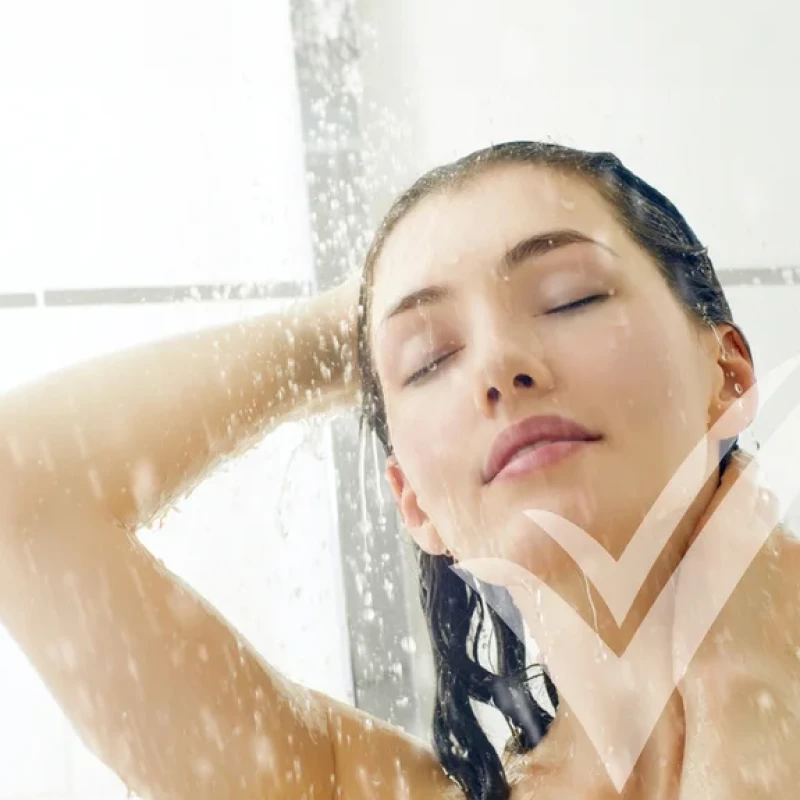Types of skin moisturizers
One of the simplest ways to get healthy, glowing skin is to effectively moisturizeyour skin. In today’s world, there is a never-ending list of the best moisturizers. But, what really makes a moisturizerthe best one? Well, it’s all about the ingredients it contains.So, if you’re looking to purchase a moisturizer, you need to first check if it contains the essential moisturizing ingredients. Only then, will it be able to deliver excellent results!
Continue reading for a complete guide on why you need to moisturize your skin and the must-have moisturizingingredients!
Why You Should Moisturize Your Skin?
Moisturizing is a key step in everyone’s skincare routine, even for those who have oily skin!Regular moisturizingof the skin reduces the likelihood of your skin become extremely dryor oily. Both these conditions are very damaging for your skin and can lead to major skin problems such as acne .Moreover, moisturizing your skin can even help fight fine lines and wrinkles. Research (Hillebrand, 2010) shows that people who properly moisturizetheir skin get wrinkles much more slowly than those who don’t.
Most Essential Ingredients to Look for in Your Moisturizer
![Untitled-1 [Recovered]-05](https://nattoral.com/storage/blog-images-web-final/moisturizing-ingredients-suitable-for-each-skin-type/untitled-1-recovered-05.webp) To properly hydrate your skin, you need to ensure that your moisturizer contains the below-mentioned category of ingredients. Thorough and comprehensive research proves that these ingredients provide incredible benefits to your skin.
To properly hydrate your skin, you need to ensure that your moisturizer contains the below-mentioned category of ingredients. Thorough and comprehensive research proves that these ingredients provide incredible benefits to your skin.
Emollients
Emollients are moisturizing elements that prevent water loss from the skin and have an amazing smoothening and softening impact on the skin. This is extremely important in helping the skin to retain its moisture and radiant, silky texture.Emollients can either be thick or fluid in texture and may include fragrance-free plant oils (not fragrant oils which are harmful to the skin) combined with cocoa butter, shea butter ,borage oil, oleic acid, linoleic acid, evening primrose oil, sunflower oil, coconut oil, and mango butter.
Occlusive
Occlusives are a category of moisturizing ingredients that are designed to provide a protective layer over the skin and lock in moisture. These ingredients play a key role in preventing loss of hydration into the environment a phenomenon that is medically referred to as transepidermal water loss.Occlusive ingredients are essential for all skin types, especially dry skinas they help to retain moisture inside the skin.The various classes of occlusive include hydrocarbons, fatty acids, fatty alcohols, vegetable waxes, phospholipids, polyhydric alcohols, and sterols (Sethi, 2016).The most popular occlusive ingredients found in moisturizers include petrolatum, paraffin, cetyl alcohol, propylene glycol, mineral oil, beeswax, and lanolin acid.
Humectants
Humectants are another popular category of moisturizing ingredients that are found in moisturizers. They are widely acclaimed for their ability to retain moisture in the skin. Humectants work like magnets that attract water – they pull moisture from the air into the upper layer of your skin. some humectants make your skin supple while others work to remove dead cells on your skin to ensure even moisture levels in your skin. Some commonly used humectants in moisturizersinclude glycerin, alpha-hydroxy acids such as lactic and glycolic acid,hyaluronic acid, sorbitol, and honey.
Protein Rejuvenators
Protein rejuvenators help to replenish essential proteins in the skin. These ingredients have anti-agingproperties and help to repair the damage caused to skin by the sun.Some popular protein rejuvenators found in moisturizersinclude elastin, collagen, and keratin.
Last Few Words
Before you buy your moisturizer, make sure to read the ingredient list on the packaging. This will help you identify if your moisturizer contains the right moisturizing ingredients or not!
Reference
- Hillebrand, G. (2010). New wrinkles on wrinkling: an 8‐year longitudinal study on the progression of expression lines into persistent wrinkles. British Journal of Dermatology, 1233-1241.
- Sethi, A. (2016). Moisturizers: The Slippery Road. Indian Journal of Dermatology, 279 - 287


